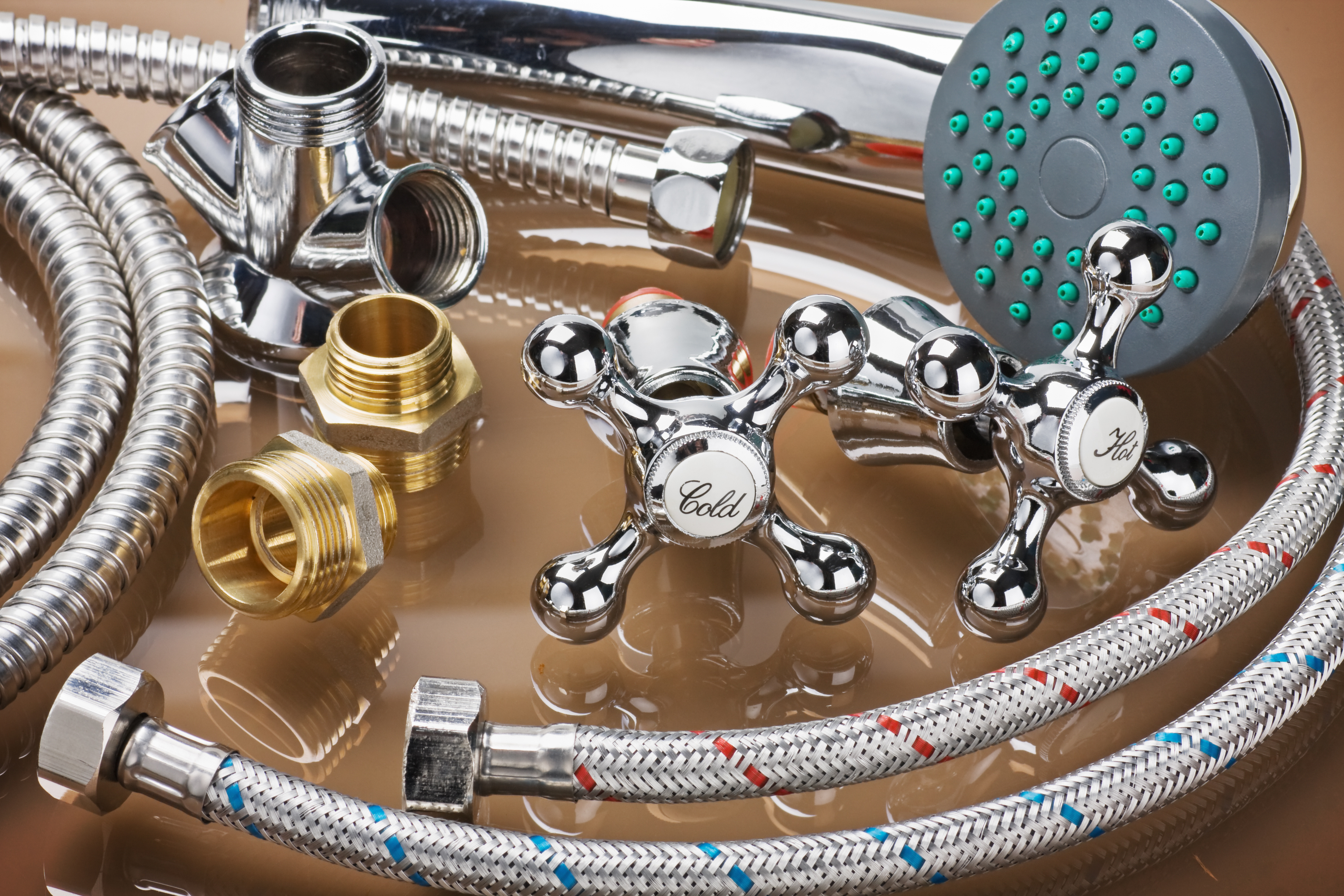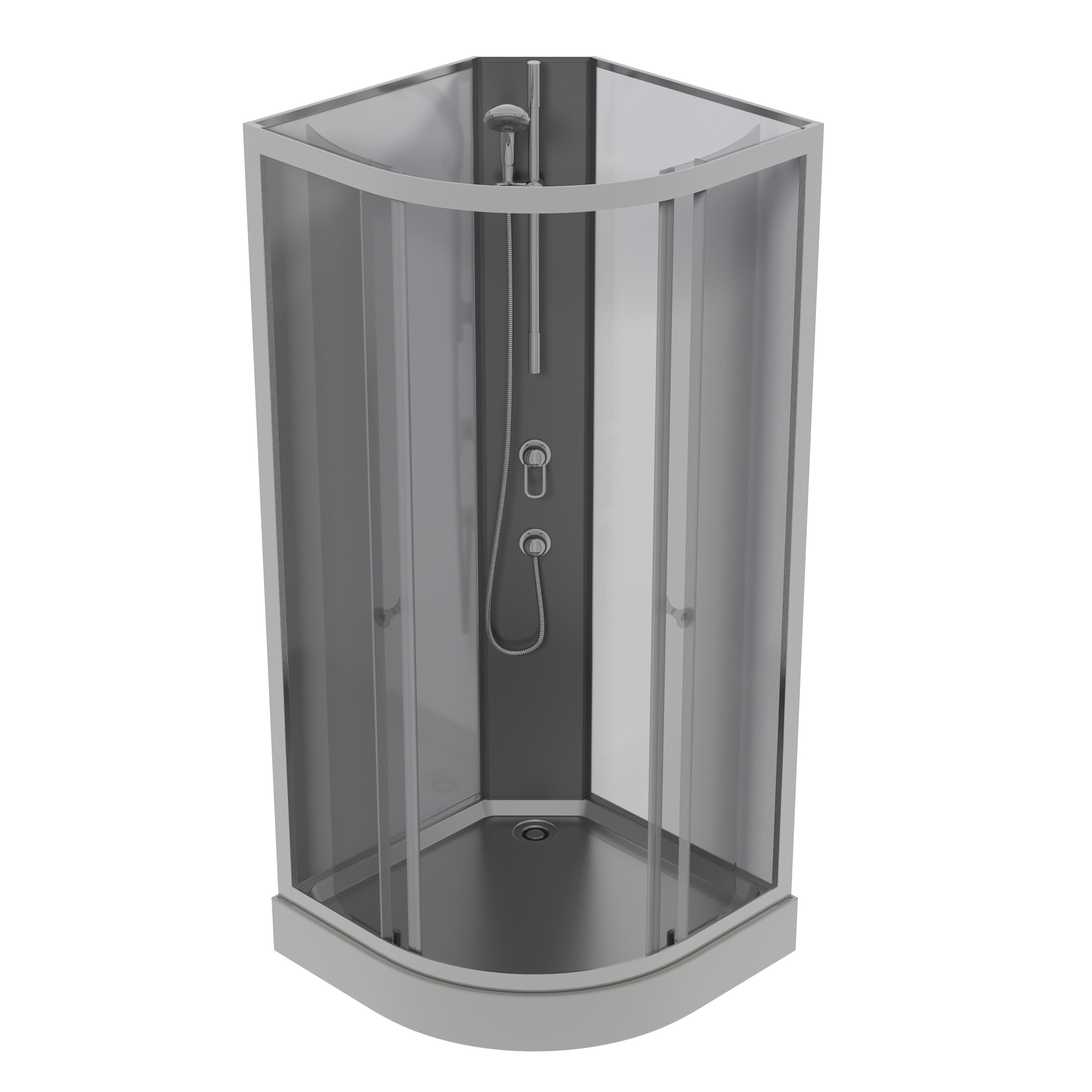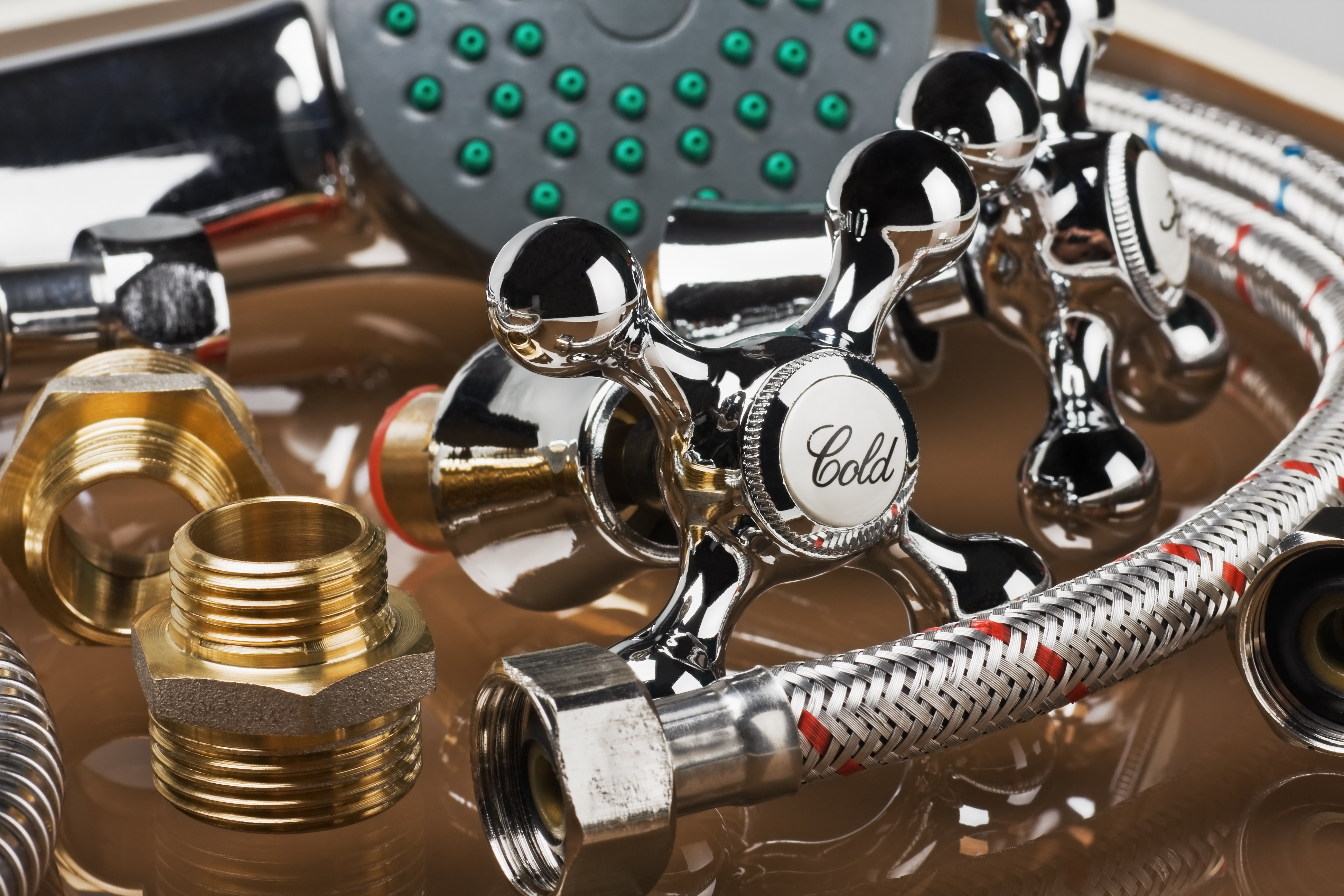
Stay Comfortable Year-Round
Stay Comfortable Year-Round: Discover Our Heating & Cooling Supplies
As the demand for efficient heating and cooling solutions continues to rise, it's imperative for contractors, property managers, and DIY homeowners to have a clear understanding of how these systems work and what options are available. Whether you're in need of a heating and cooling supply near you or seeking guidance on optimizing existing systems, this guide will address common questions and provide valuable insights.
1. How does a heating and cooling system work?
Heating and cooling systems, commonly referred to as HVAC (Heating, Ventilation, and Air Conditioning) systems, work by regulating temperature, humidity, and air quality within a building. In a typical setup, a furnace or boiler is responsible for generating heat during colder months, while an air conditioner or heat pump provides cooling during warmer periods. These systems distribute conditioned air through ductwork or pipes to various rooms, ensuring consistent comfort levels throughout the property.
2. Can you use the same ducts for heating and cooling?
Yes, the same ducts can be utilized for both heating and cooling purposes in a central HVAC system. However, it's essential to ensure proper insulation and sealing to prevent energy loss and maintain efficiency. Proper duct design and sizing are crucial to achieving optimal performance and airflow distribution.
3. What is central heating and cooling?
Central heating and cooling refer to systems that provide temperature control for an entire building or home from a centralized unit. This setup typically includes a furnace, air conditioner, or heat pump located in a central location, such as a basement or mechanical room. Through ductwork or piping, conditioned air is distributed to different areas, offering consistent comfort throughout the property.
4. Is the AC and heater the same unit?
In some cases, yes. A heat pump, for example, can provide both heating and cooling functions using the same unit. However, traditional setups may feature separate units for heating (such as a furnace) and cooling (an air conditioner). The choice between integrated or separate systems depends on factors like climate, energy efficiency goals, and budget considerations.
5. Does HVAC include both heating and cooling?
Yes, HVAC encompasses both heating and cooling components, along with ventilation systems to ensure proper air circulation and quality. Contractors and homeowners alike should prioritize regular maintenance and timely repairs to maximize system efficiency and longevity.
6. What are the three major components of a home heating system?
The three major components of a home heating system typically include:
- Heat Source (e.g., furnace, boiler, heat pump)
- Distribution System (e.g., ductwork, piping)
- Control System (e.g., thermostat, zoning controls)
7. Is the same air handler and ductwork used for heating and cooling?
Yes, the same air handler and ductwork can be utilized for both heating and cooling in a central HVAC system. However, proper design, insulation, and maintenance are essential to ensure optimal performance and energy efficiency.
8. Does your installer have to replace your ductwork when they replace your HVAC unit?
In many cases, existing ductwork can be reused when replacing an HVAC unit, provided it's in good condition and properly sized for the new system. However, if ductwork is damaged, poorly insulated, or undersized, it may need to be repaired or replaced to optimize performance and efficiency.
9. What is the most common heating and cooling system?
The most common heating and cooling system varies depending on factors such as climate, building size, and energy efficiency goals. However, traditional split-system heat pumps and central air conditioning systems are widely used for residential and commercial applications due to their versatility and effectiveness in maintaining indoor comfort.
In conclusion, understanding the fundamentals of heating and cooling systems is essential for contractors, property managers, and DIY homeowners alike. Whether you're in need of heating and cooling supplies or seeking guidance on system installation and maintenance, it's crucial to prioritize efficiency, performance, and comfort for occupants. By staying informed and implementing best practices, you can ensure optimal performance and longevity of HVAC systems in any setting.





